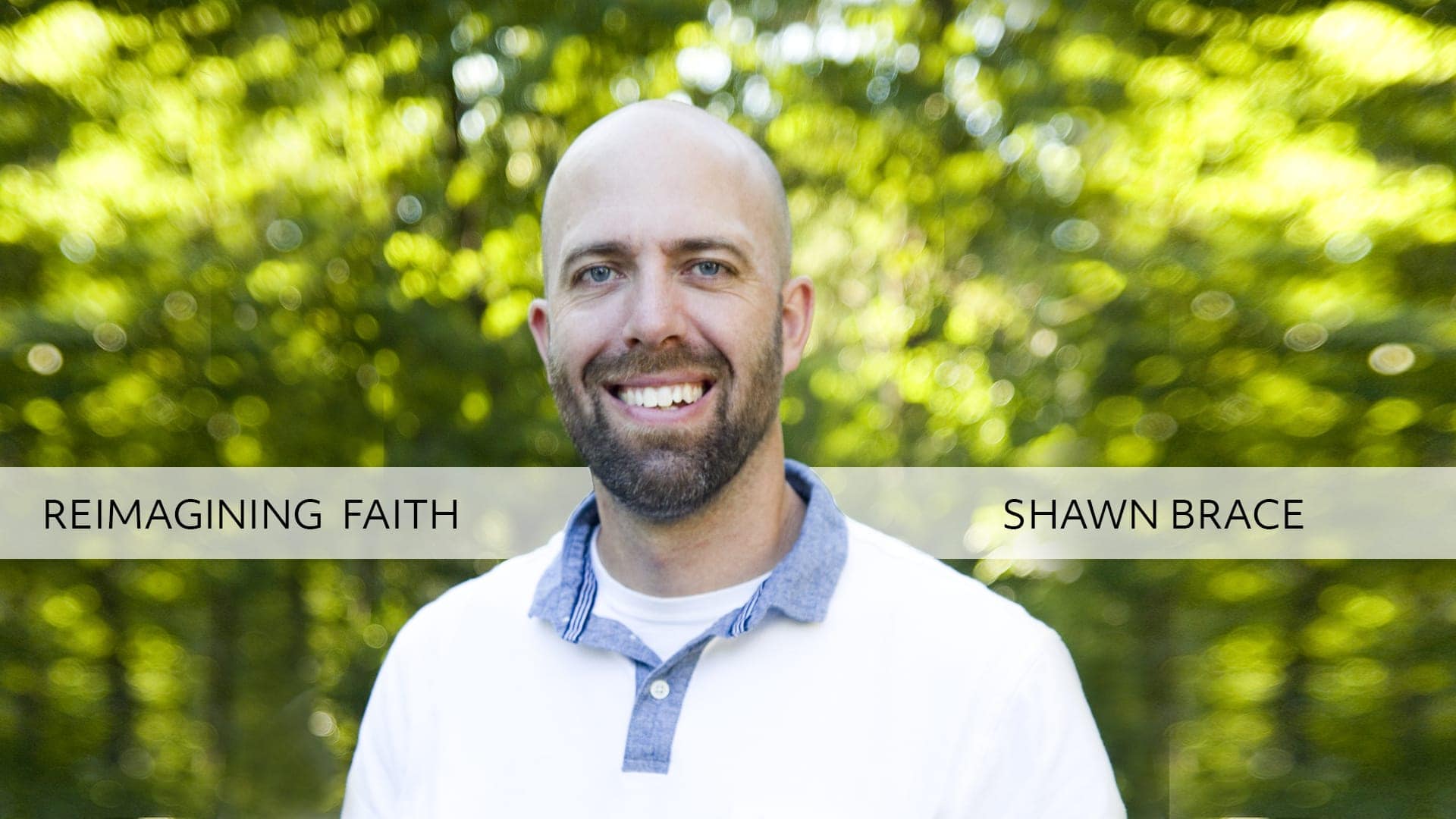
One of the more sobering episodes I’ve come across in my doctoral research took place more than two centuries ago in a Congregational church in Massachusetts.
As heirs of the Puritans, Congregationalists were heavily steeped in strict Calvinism, with its emphasis on humanity’s utter depravity and God’s irresistible and sovereign will. But beginning in the mid-eighteenth century, a growing number of Congregationalists started to question and quietly reject the Calvinist theology they’d inherited. By the early nineteenth century it had turned into a full-blown controversy, with many ministers and their congregations becoming unitarian (or “liberal Christians,” as they originally preferred to call themselves).
One such minister, Ebenezer Gay, led his congregation in Hingham, Massachusetts on this precise journey—though he did it in a rather stealthy manner. Recounting the story, historian David Robinson notes how, despite Gay’s growing discomfort with Calvinism, he chose not to openly preach against it from the pulpit. Instead, he simply didn’t preach about Calvinism at all. As a result, as Robinson describes, “during his long pastorate, his congregation silently became liberal, abandoning the doctrines of Calvinism ‘without being aware when or how.’ ”1
For some reason, that last line really struck me, causing me to reflect not only on the sermons I do preach but on the sermons I don’t preach.
Of course I have many gripes with Calvinist theology, and I’m not attempting to defend it. I use the episode merely as a sober illustration of how we can “silently” change theologically—not as the result of proclaiming an openly hostile message, but by simply neglecting to teach ideas that don’t seem to quite suit us anymore.
Indeed, neglect is often a more effective weapon in our attempts to lay siege to a theology we disagree with than is open warfare—because people are less likely to raise their walls in resistance.
This isn’t to imply that there aren’t inherited ideas, based more on tradition than Scripture, that need to be neglected or discarded. Adventists have always believed God is continuously trying to bring us into clearer understandings of His character and truth. As Ellen White said in 1892: “We have many lessons to learn, and many, many to unlearn. God and heaven alone are infallible.”2
But this episode just causes me to be more aware of the way I’m discipling others theologically—and the beliefs and doctrines I may implicitly be leading them away from through neglect. As a parent, as a pastor, I have many blind spots in my theology, and there are teachings I probably downplay—not because I’ve explicitly deemed them to be unbiblical, but because I may simply be uncomfortable with them. And so I minimize or rarely talk about them.
It may very well be that this is, in the end, good and appropriate. As I said, there are many false teachings worth killing through our silence.
But again, I just want to make sure I’m aware of what I’m doing—and if any teaching dies by my hands, I want to make sure it was intentional on my part, rather than an accident.
1 David Robinson, The Unitarians and the Universalists (Westport, Conn.: Greenwood Press, 1985), p. 17.
2 Ellen G. White, “Search the Scriptures,” Review and Herald 69, no. 30 (July 26, 1892): 465.